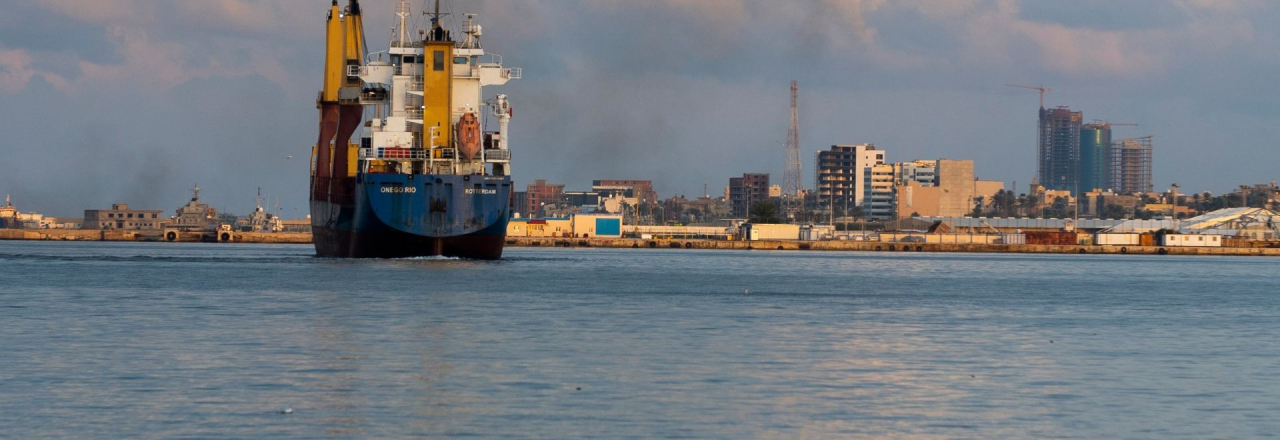
Call for Researchers for the Joint Study Group 2023: EU trade relations with Southern Mediterranean partners in crisis or conflict
As part of the project EuroMeSCo: Connecting the Dots, co-funded by the European Union and the European Institute of the Mediterranean (IEMed), we are opening calls for researchers to take part in five different Joint Study Groups.
The EuroMeSCo Joint Study Groups 2023 will be made up of four Authors, including a Coordinator, who will jointly produce a Policy Study over a period of 6-7 months. Interested researchers may apply as Author or as Author and Coordinator to each Joint Study Group. In both cases, they will have to complete the online form and submit their application by Sunday 28 May 2023, 23:59 CET..
Here is a brief description of the rationale of this Joint Study Group:
EU trade relations with Southern Mediterranean partners in crisis or conflict
EU free trade relations with its Southern neighbours, essentially covering free trade in goods, were established through Euro-Mediterranean Association Agreements (with the exception of Syria and Libya). While the long-term objective of the trade partnership between the EU and its Southern Neighbourhood remains for the EU to promote economic integration in the Euro-Mediterranean area and remove barriers to trade and investment, crises and conflicts affecting some of these countries have obliged partners to adjust their trade relations and policies.
Crises and conflicts in the region may also complicate the modernisation of agreements as announced in the February 2021 EU Trade Policy Review, where the EU also announced a new sustainable initiative for interested partners in the Southern Neighbourhood and Africa.
This Joint Study Group could elaborate on:
- How conflicts and crises in Southern neighbourhood countries have affected trade relations quantitatively and qualitatively
- How partners have had to adjust their objectives in accordance with these issues.
By doing so, the Policy Study could cover both the perspectives of the EU and of its partners. In some cases, the former has considered trade facilitation measures while the latter have struggled to offset large trade deficits, due to decreasing capital inflows, remittances, and tourism revenues.
In addition to a bilateral perspective, the study could also include a regional dimension, that could be useful ahead of the UfM Ministerial on Trade and Investment scheduled in October 2023.
See the EuroMeSCo Joint Study Groups 2023 Terms of Reference for more information.


